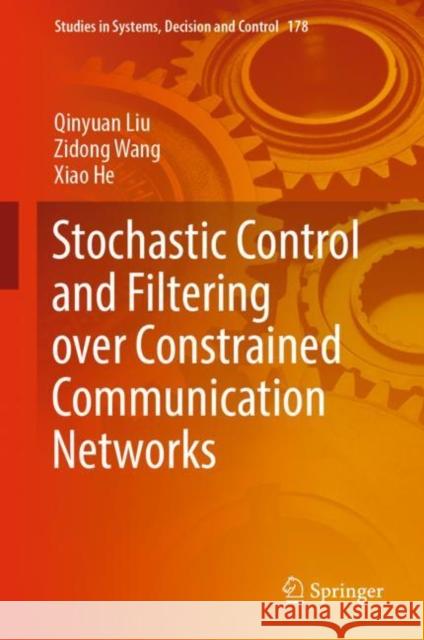Stochastic Control and Filtering Over Constrained Communication Networks » książka
topmenu
Stochastic Control and Filtering Over Constrained Communication Networks
ISBN-13: 9783030001568 / Angielski / Twarda / 2018 / 222 str.
Stochastic Control and Filtering Over Constrained Communication Networks
ISBN-13: 9783030001568 / Angielski / Twarda / 2018 / 222 str.
cena promocyjna 290,97
(netto: 277,12 VAT: 5%)
581,94
Rabat: -50%
Najniższa cena z 30 dni: 462,63
(netto: 277,12 VAT: 5%)
Rabat: -50%
Najniższa cena z 30 dni: 462,63
Termin realizacji zamówienia:
22 dni roboczych
22 dni roboczych
Darmowa dostawa!
Zobacz inne książki w promocji: Wyprzedaż publikacji z zakresu nauk stosowanych
Kategorie:
Kategorie BISAC:
Wydawca:
Springer
Seria wydawnicza:
Język:
Angielski
ISBN-13:
9783030001568
Rok wydania:
2018
Wydanie:
2019
Ilość stron:
222
Waga:
0.50 kg
Wymiary:
23.88 x 18.8 x 1.52
Oprawa:
Twarda
Wolumenów:
01











